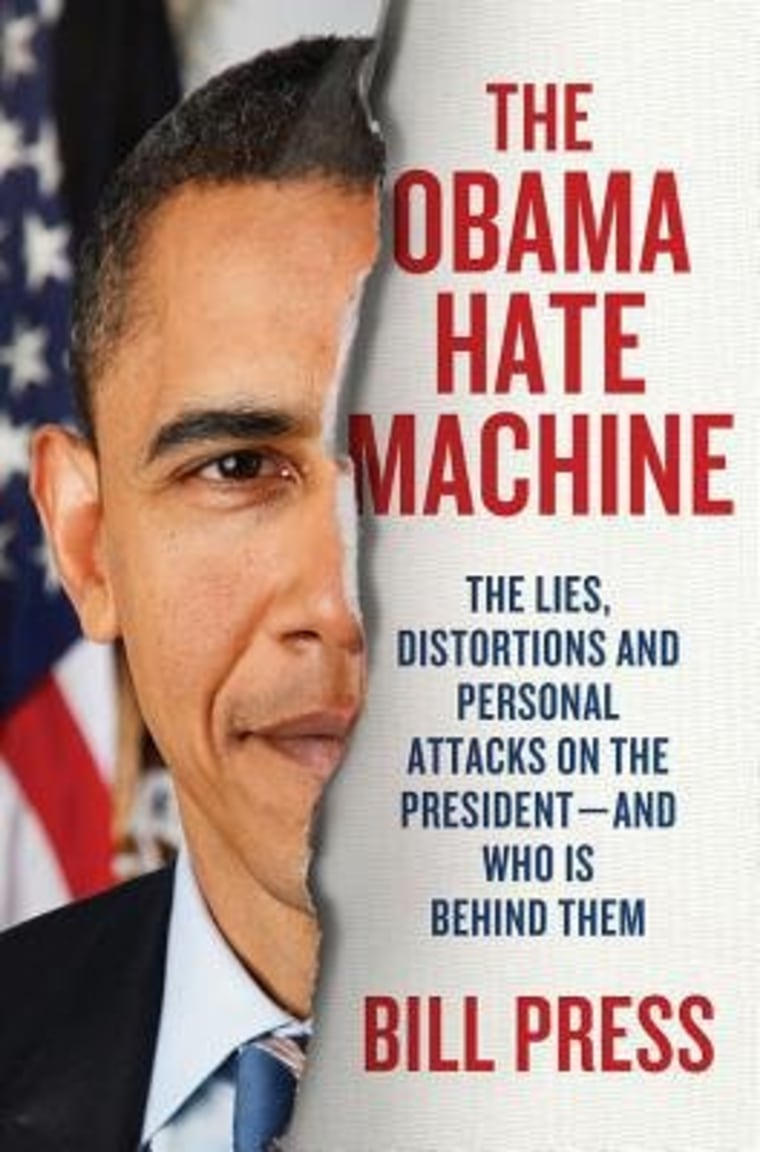Presidents Under Fire
Barack Obama, of course, is not the first president to have experienced
withering personal attacks. They are as old as the presidency itself. In some ways, they are a tribute to our American experiment. Unlike forced allegiance to a monarch or tyrant, criticism of elected leaders is not only tolerated here; it is considered a necessary function of our democracy. And from the moment the first president took office, U.S. presidents have had to deal with sometimes- nasty attacks. In this day and age, all of us, Democrats, Republicans, and Tea Partiers alike, revere our Founding Fathers. We even put them on a pedestal. But that’s not how they were treated in their own day. Not even Saint George Washington.
It was an open secret that Thomas Jefferson, as our first secretary of state, tried to undermine President Washington’s declared policy of neutrality in the matter of war between France and Great Britain. From his position in the cabinet, Jefferson worked behind the scenes, helping orchestrate Republican opposition to Washington and trying to turn public opinion toward the position of siding with France.
Once Washington left the White House, our first president became an open target of abuse. He was publicly mocked and criticized as being weak and in effective. Rumors resurfaced that he had enjoyed an affair with a young cleaning woman, whom he called “pretty little Kate, the Washer- woman’s daughter.” The Philadelphia Aurora, the chief Republican newspaper, heavily influenced by Jefferson, described Washington’s farewell address as “the loathings of a sick mind.” Its publisher, Benjamin Franklin Bache, revived charges that Washington had assassinated an unarmed officer during the French and Indian War and accused Washington of offering America nothing better than a “despotic counterfeit of the English Georges.”
Writing in the Aurora, the one and only Thomas Paine even questioned Washington’s leadership of the Revolutionary army, deeming him worse than a sunshine patriot. “You slept away your time in the field till the finances of the country were completely exhausted,” he charged, “and you have but little share in the glory of the event.” Paine demanded that Washington ask himself “whether you are an apostate or an imposter, whether you have abandoned good principles, or whether you ever had any.”
Ouch! Watching from a distance, Abigail Adams was appalled by the attacks on our first president. It just proved, she wrote her husband, Vice President John Adams, “that the most virtuous and unblemished Characters are liable to the Malice and venom of unprincipald [sic] Wretches.” And, of course, she was afraid of what level of attacks might fall on her husband, who enjoyed nowhere near the popularity of the haloed Washington. She later warned Adams that, as president, he might well find himself “being fastned [sic] up Hand and foot and Tongue to be shot at as our Quincy Lads do at the poor Geese and Turkies.” And, indeed, he was.
Adams was no fool. He knew he would be in for a rough time. As he wrote Abigail of the departing George Washington after his inauguration, “He seemed to enjoy a triumph over me. MethoughtI heard him think, ‘Ay! I am fairly out and you are fairly in! See which of us will be the happiest!’ ”
As vice president, Adams had already endured his share of ridicule, some of which he brought on himself. After suggesting to Congress that Washington be called “Your Highness,” rather than the populist “Mr. President,” Adams was henceforth called “The Duke of Braintree,” or simply “His Rotundity.” Privately, Senator William Maclay of Pennsylvania dismissed Adams as “a monkey just put into breeches.”
After eight years of running interference for President Washington against Secretary of State Thomas Jefferson, the last thing John Adams needed when he himself assumed the presidency was having to put up with Jefferson as vice president. But that’s what the electoral vote delivered, after a noncontested and practically non ex is tent presidential campaign. Still trying to figure out the proper way to choose leaders in the new republic, neither Adams nor Jefferson declared their candidacy or campaigned for the office. Once their new roles were decided, however, the two leaders, from different political parties and with separate agendas, were bound to clash— and did.
At first, heeding his wife Abigail’s advice, Adams held forth an olive branch to Jefferson, offering him cabinet status, a major voice in foreign policy, and designation of him or his ally James Madison as the new American envoy to France. But Jefferson rejected all three, choosing to pursue his Republican party agenda instead.
As Joseph Ellis reports in First Family, Jefferson was, in fact, already in clandestine conversations with the French consul in Philadelphia, urging him to ignore any peace initiatives from the new president— since, according to Jefferson, Adams did not speak for the true interests of the American people. Just imagine! Today, this act would be considered treason.
There followed a rocky four years, during which Adams was constantly fighting rear-guard actions by his disloyal vice president, who was busy plotting with the French, and by his own cabinet (he had mistakenly retained all appointees of Washington, believing the cabinet should be a permanent body). It was all too much for First Lady Abigail Adams, who lamented the steady stream of “Lies, falsehoods, calamities and bitterness” and denounced Philadelphia as “a city that seems devoted to Calamity.”
And it led, inevitably, to the first contested election for president, in 1800, and one of the ugliest presidential campaigns ever.
